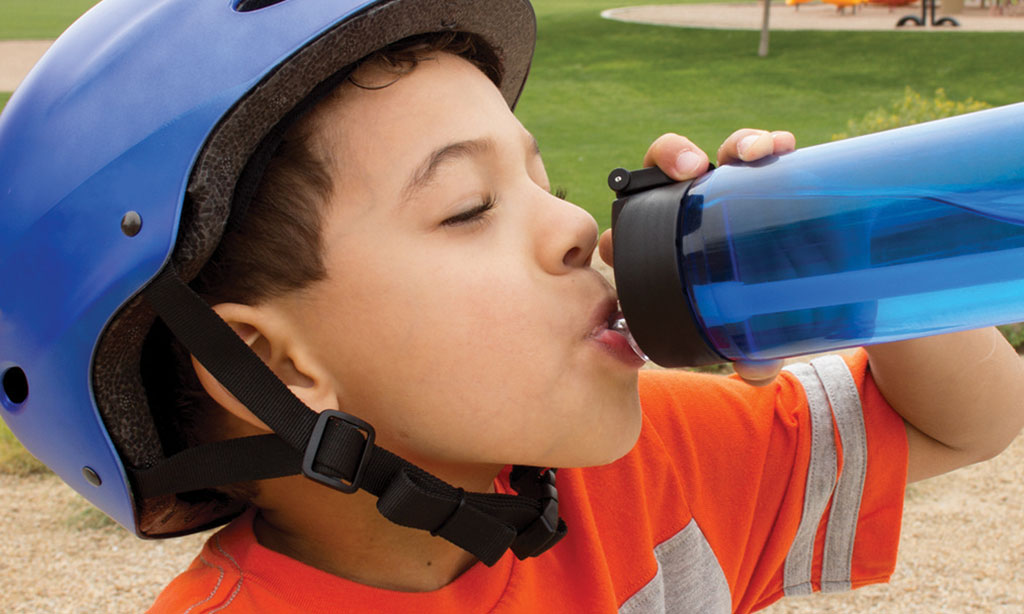By Dr. Gillian Mandich
Bubbles do a lot more than ease the boredom and flat taste of still water, the effervescent nature of soda water has long been considered a healthy alternative to regular water. Sparkling water (also known as soda water, seltzer water, or carbonated water) is simply water that has been infused with low levels of pressurized carbon dioxide gas. The process of creating soda water doesn’t include the addition of sugar, sodium, calories, or caffeine, it simply adds bubbles.
Not only is sparkling water palate-pleasing, but when it comes to your health, bubbly water boasts benefits such as:
- Healthy hydration
Water is essential for hydration, a critical component of good health, and it is necessary for the movement of nutrients throughout the body. Soda water is just as efficient at hydrating the body as plain tap or mineral water, and due to its distinctive flavor and texture sparkling water may make it easier to meet your daily fluid intake. Research has found that people drink a greater volume of soda water than regular water.
- Enhanced digestion
Sparkling water boasts benefits beyond the mouth. A study found that drinking soda water improved overall digestion, increased gallbladder emptying, and participants reported less constipation.
- Sparkling smile
Soda water has been vilified as one of the culprits of dental decay; however, research has found that its erosive properties are highly negligible (it is slightly more erosive on teeth than still water, but its effects are 100 times less than commercially available sweetened soda and pop drinks). A recent research review found that the acids and sugars in carbonated drinks cause the vast majority of dental erosion, not the carbonation itself.
- Calcium clarification
The myth that soda water can leach calcium from your bones is completely unfounded. Research has revealed that soda water consumption does not result in the leaching of calcium. Another study found that it isn’t the carbonation itself, but rather the phosphoric acid commonly used in commercial soft drinks that causes low bone mineral density.
Shopping for sparkling water
Not all carbonated beverages were created equally. Most tonic waters contain sugar, club sodas have sodium, and other flavored carbonated waters are often made with artificial sweeteners (such as aspartame and acesulfame). Opt for the plain sparkling water and add fresh lemon, apple, or cucumber to infuse healthy, natural flavours.
An economical alternative to buying sparking water is to make it at home. Soda water machines allow you to boost your bubble consumption from the comfort of your own kitchen!
Fizzy footnotes
- Start with drinking small amounts of sparking water because the carbonation can irritate irritable bowels and some people may experience bloating or gas from the carbon dioxide.
- Avoid soda water post-workout because the bubbles may create a sense of fullness that may cause you to drink less and not fully re-hydrate.



